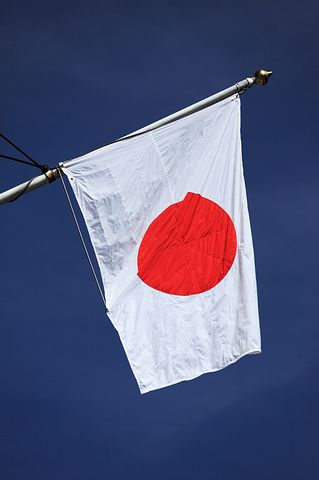 Japan's Central Bank decided to keep its cash rates at the same level, implying that they would employ stimulus measures “without hesitation” if the global economic slowdown affects the Japanese economy.
Japan's Central Bank decided to keep its cash rates at the same level, implying that they would employ stimulus measures “without hesitation” if the global economic slowdown affects the Japanese economy.
“Today, we went a step forward by saying we’ll take additional easing steps without hesitation if there is a risk the economy will lose momentum for hitting our price target,” said the Bank of Japan Governor Naruhiko Kuroda during a press conference, adding that they would adopt easing measures immediately if the economy "loses momentum for hitting our [the Bank of Japan's] price goal."
The Bank kept its short term interest rate at -0.1% and promised to keep 10-year government bonds yields at 0% while maintaining its asset-buying program. The bank intends to keep that interest rates level, which is exceptionally low, for a long period of time, at least until spring 2020.
According to its new policy stance, if there is a greater chance that the momentum for hitting that price target, which is currently at 2%, is lost then it would adopt easing policies immediately. This is taking a different path from other central banks, which are heading towards further easing.
The BoJ highlighted that the Japanese economy will probably keep expanding, though warned against the underlying risks, among them the current global situation and low inflation expectations.
“The momentum for achieving 2% inflation is sustained, but lacks strength,” highlighted the Bank on its report.
Core inflation (Year-to-year) stood at 0.6%, way behind the Central Bank's target and the slowest pace in the last two years.
The Japanese consumers are expecting a tax-hike in October, a fact that concerns analysts as it could affect consumption. However, the Bank of Japan downplays such concerns claiming that they are expecting an increase in overseas demand in the second quarter that would ease the effects of the Tax hike in the economy.
The Bank's dovish stance is also leaving Japanese policy makers without enough tools to face any potential recession or even meeting its 2% percent inflation goal.
After the announcement, the Japanese yen remained nearly steady against the American Dollar, close to a three-week low.
